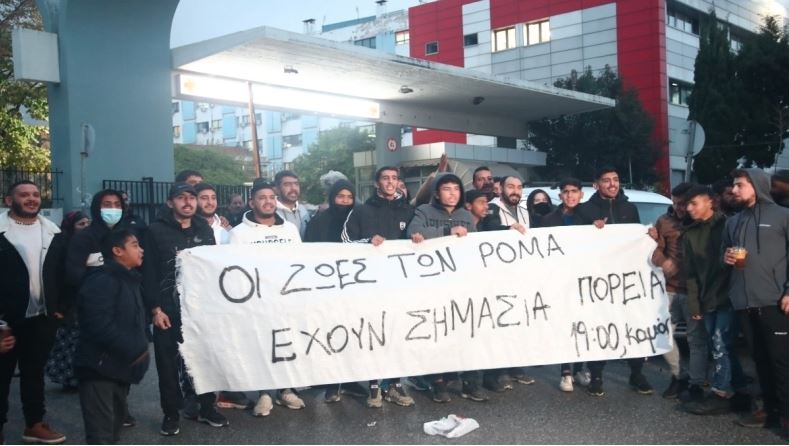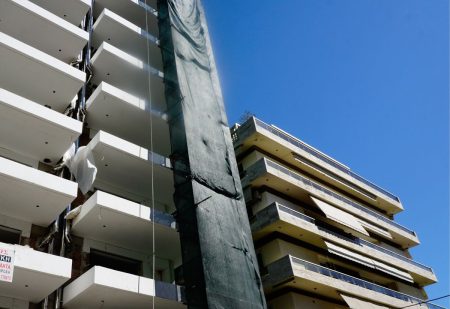A 16-year-old Roma boy who left a gas station without paying is fighting for his life after being shot in the head by police during a car chase.
It would be well to remember that in Greece we do not have a death penalty.
More particularly and especially, we do not have a death penalty for not paying for petrol at a gas station.
Nor is someone’s life worth less because he is a Roma.
I say this because right now a 16-year-old Roma is fighting for his life in Thessaloniki after being shot by a policeman during a car chase.
All this happened because the 16-year-old did not pay for his gas at a station.
Indeed, we do not know all the details about what exactly happened.
Yet, a police chase that winds up with police shooting and heavily injuring the individual being pursued demonstrates serious problems in the education and mentality of policemen.
The first issue is the basis on which one decides to chase a car, a practice that is in any event dangerous for passers by and other vehicles, especially when we are speaking simply about the cost of filling a gas tank.
Secondly, there is the problem that policemen cannot resort that easily to the use of guns, simply because there is a danger that people who were to no degree a threat could be injured or killed.
Thirdly, there is the question to what degree there are racist reflexes in the Greek Police force that makes policemen treat Roma individuals as more delinquent or dangerous.
We are not speaking of an isolated incident. One year ago we had the death of Nikos Sambanis [an 18-year-old Roma who was driving a stolen car and was killed in a hail of 36 bullets by police], again after a chase by police, who are awaiting trial.
I know that in all these cases police invoke the right of self-defence and say they were in danger.
However, in the two aforementioned cases it was the Roma individuals who were being chased who were shot by police.
All of this demonstrates that there are serious problems in the training and organisation of police.
These problems concern the ability of policemen to judge how to react in each case, so as not to endanger people’s lives.
Directly or indirectly supporting arbitrary police behaviour as a “decisive stance” does not help resolve these problems.
Undoubtedly, the job of policemen is difficult and dangerous.
That, however, cannot in the least justify arbitrary behaviour and dangerous violence.
This time, the political leadership of the Citizen’s Protection Ministry must take effective measures that address the organisational and training deficiencies, and not treat policemen simply as a pool of prospective voters.



